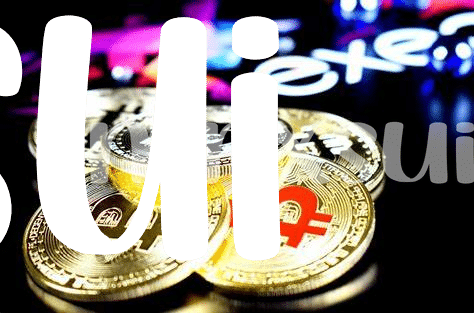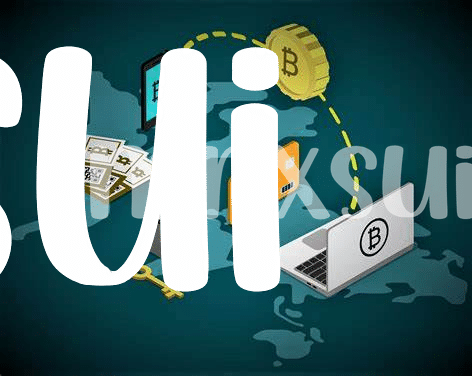Bitcoin Usage in North Korea 🌍

In North Korea, Bitcoin provides a unique avenue for individuals to engage in financial transactions beyond traditional banking systems, offering a level of privacy and autonomy unattainable through conventional means. The decentralized nature of Bitcoin allows users in North Korea to bypass restrictions on international payments imposed by the government, enabling both residents and the regime to access and transfer funds across borders. Despite the challenges posed by strict regulations and limited internet connectivity, the use of Bitcoin in North Korea showcases the innovative ways in which individuals adapt to circumvent barriers and participate in the global digital economy.
Regulatory Challenges for Cross-border Transfers 🚫
Navigating the complex web of regulatory frameworks governing cross-border Bitcoin transfers poses significant hurdles for individuals and businesses alike. From stringent reporting requirements to varying interpretations of existing laws, ensuring compliance with international standards remains a formidable challenge. The lack of uniformity in regulations across jurisdictions further complicates the process, leading to uncertainties and delays in cross-border transactions. Additionally, concerns over illicit activities and money laundering associated with cryptocurrency transactions have prompted regulatory authorities to enforce stricter measures, hindering the seamless flow of Bitcoin across borders. Finding a balance between fostering innovation and safeguarding against financial crimes is paramount in addressing the regulatory challenges surrounding Bitcoin’s cross-border transfers.
Sanctions Impact on Bitcoin Transactions 💼

Sanctions pose a significant challenge to Bitcoin transactions, particularly in regions like North Korea. The restrictions imposed by sanctions can complicate cross-border transfers involving Bitcoin, leading to potential legal implications and regulatory hurdles. The impact of sanctions on Bitcoin transactions underscores the need for a nuanced understanding of global financial regulations and their implications on digital currencies. As governments implement stricter measures to control the flow of funds, the use of Bitcoin in regions affected by sanctions requires careful navigation and compliance with international laws. Balancing the potential benefits of transacting in Bitcoin with the risks associated with sanctions violations is crucial for both individuals and entities engaged in cross-border transfers. In light of these challenges, staying informed about the evolving regulatory landscape and seeking compliance solutions becomes imperative for those involved in Bitcoin transactions in sanctioned regions.
Risks and Concerns for International Financial System ⚠️

International Bitcoin transactions pose various risks and concerns for the global financial system. The decentralized nature of cryptocurrencies makes it challenging for authorities to monitor and regulate cross-border transfers effectively. This lack of oversight opens doors to potential money laundering, terrorist financing, and other illicit activities. The anonymity associated with Bitcoin transactions can also facilitate tax evasion and circumvention of international sanctions, further complicating the regulatory landscape.
Moreover, the volatility of Bitcoin prices can create instability in the financial markets, affecting traditional currencies and investments. As such, policymakers and regulatory bodies are under pressure to find ways to address these growing concerns and ensure the integrity of the international financial system. Efforts to establish clear guidelines and enforce compliance measures are essential to mitigate the risks associated with Bitcoin transactions and maintain the stability of the global economy.
Global Efforts to Regulate Bitcoin Cross-border Transfers 🌐
Efforts to regulate the cross-border transfers of Bitcoin are gaining momentum worldwide as governments and international organizations recognize the need for increased oversight in the digital currency space. With the decentralized and borderless nature of Bitcoin, coordinating regulatory measures presents a significant challenge. However, there is a growing consensus on the importance of establishing common guidelines to address concerns such as money laundering, terrorism financing, and illicit activities facilitated through cross-border transfers. Various countries are exploring ways to enhance transparency and enforce compliance with existing financial regulations to mitigate risks associated with Bitcoin transactions across borders. Collaboration between regulators, law enforcement agencies, and cryptocurrency exchanges is essential to develop effective mechanisms that promote legitimate use while combating illicit activities in the global Bitcoin market.
Future Outlook and Potential Solutions 🔮

In looking ahead to the future of Bitcoin cross-border transfers in North Korea, it is essential to consider potential solutions and implications. As technology continues to evolve, there is a growing opportunity to explore innovative approaches that can address regulatory challenges and ensure greater transparency in transactions. Collaborative efforts between governments, regulatory bodies, and industry players will be crucial in shaping a more secure and efficient cross-border transfer landscape. Embracing emerging technologies and developing robust compliance mechanisms can pave the way for smoother transactions while also mitigating risks associated with illicit activities. By fostering a more interconnected and regulated ecosystem, there is a promising outlook for enhancing the integrity and efficiency of Bitcoin cross-border transfers.
If you want to learn more about Bitcoin cross-border money transfer laws in Nigeria, click on the following link: Bitcoin Cross-Border Money Transfer Laws in Nigeria.
